National Tsing Hua University (NTHU) has launched a new program on establishing the Taiwan-Thailand Innovation Center for Clean Water and Sustainable Energy (WISE Center) under the support of National Science and Technology Council with the main goal of promoting water-energy nexus to fulfill the United Nations (UN) sustainable development goals (SDG) and 2050 net zero emission.
To establish the tightly mutual collaboration, Dr. Chanchana Thanachayanont, the Director of Environmental Research Group in the National Metal and Materials Technology Center (MTEC), and the other 3 representatives from MTEC and Chulalongkorn University (CU) visited NTHU during March 14-23, 2023. The Thai delegates were hosted by the Senior Vice President, Prof. Nyan-Hwa Tian as well as the Principle Investigator, Chair Professor Sinn-Wen Chen, and visited several departments/institute/research centers including the Departments of Materials Science and Engineering, Chemical Engineering, and Biomedical Engineering and Environmental Sciences (BMES) of NTHU and Industrial Technology Research Institute (ITRI). In addition, NTHU and Thai delegates held a working meeting at Operational Center for Industrial Collaboration (OCIC), NTHU and reached the consensus to hold a 2-day symposium on Smart Materials for Sustainability and Water-Energy Nexus at MTEC, Thailand in July. During the meeting, both MTEC and NTHU delegates agree to extend the water-energy nexus to net zero emission in Mekong River by developing the negative carbon emission strategy to estimate the carbon sink capacity of Mekong River Basin.
In addition to the working meeting with NTHU, another major work for MTEC was to discuss with the collaborative team Taiwan Instrument Research Institute (TIRI) to validate the analytical performance of molecularly imprinted polymer (MIP)-based electrochemical sensors. Through the bridging of NTHU, MTEC and TIRI collaborate tightly to develop the prototype of electrochemical microsensors for on-site organophosphorus pesticide (OPP) detection using MIP as the sensing probe in Mekong River. During the visit to TIRI, Thai delegates learned the detection principle as well as the assembly of prototype from TIRC, and then feedback the operational problems to TIRI. Through this interactive discussion, both MTEC and TIRC are quite satisfied with the analytical performance of the as-developed microsensors and agree to continue the collaboration in developed next generation electrochemical microsensors for real site detection of OPP in Mekong River.
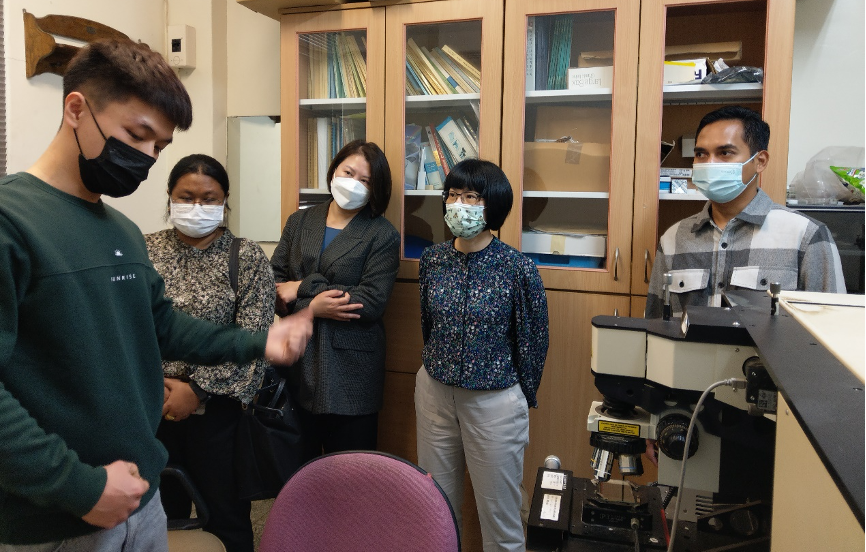
Fig.1: The lab tour of Thai delegates in the Department of Materials Science and Technology, NTHU
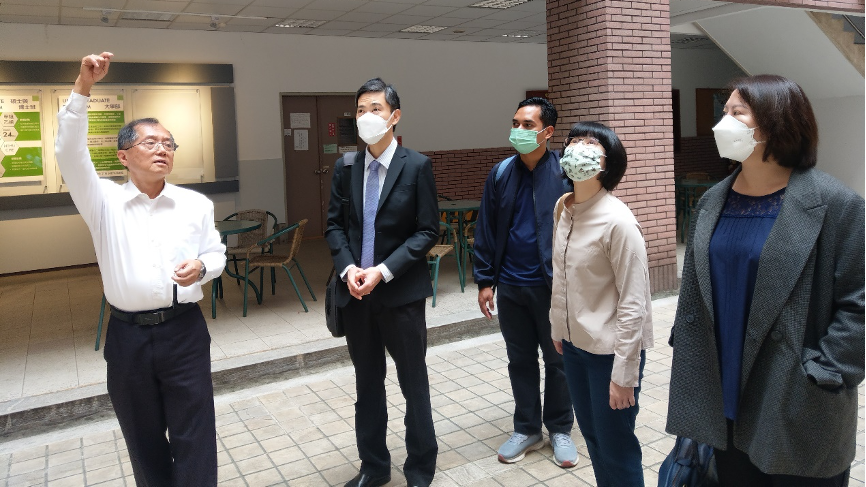
Fig.2: The lab tour of Thai delegates in the Department of Chemical Engineering hosted by the principal investigator, Chair Professor Sinn-Wen Chen
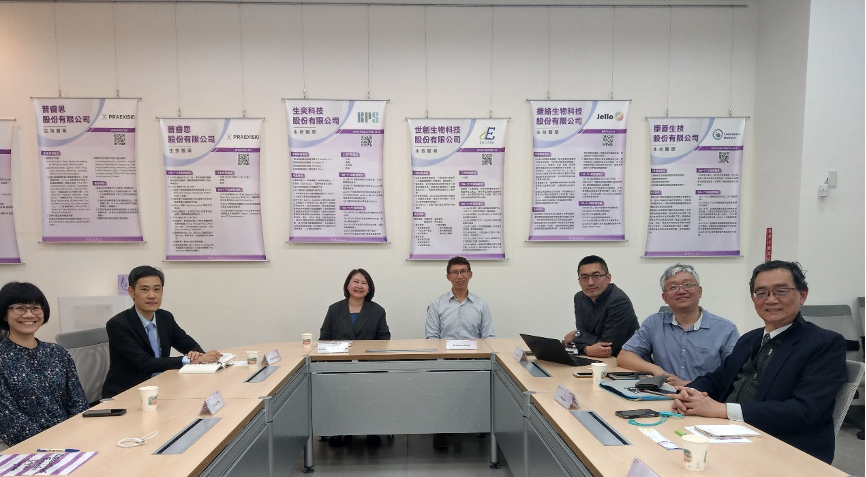
Fig.3: Meeting with Operational Center for Industrial Collaboration, NTHU
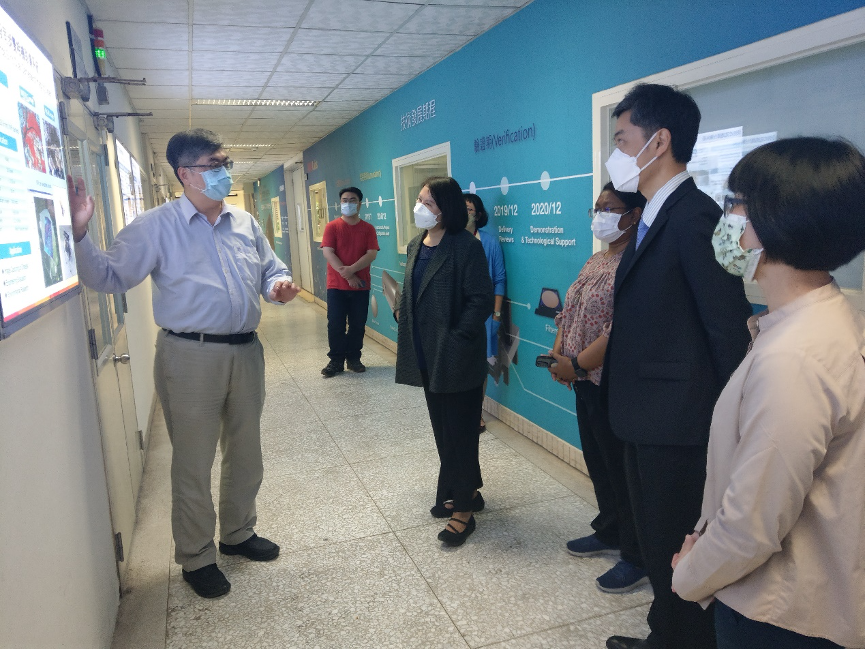
Fig.4: Visit to Taiwan Instrument Research Institute, NARLabs
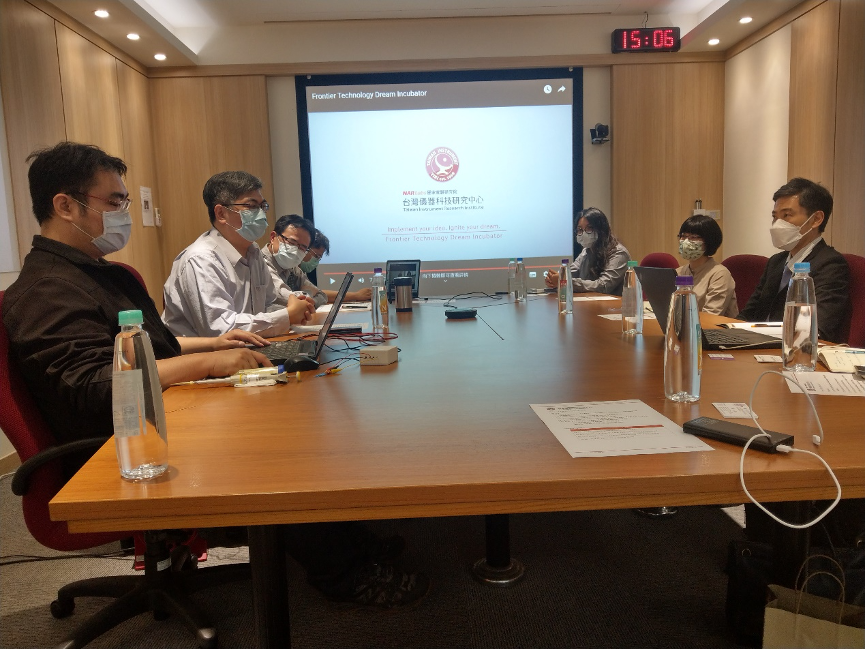
Fig.5: Working meeting with team members of Taiwan Instrument Research Institute, NARLabs